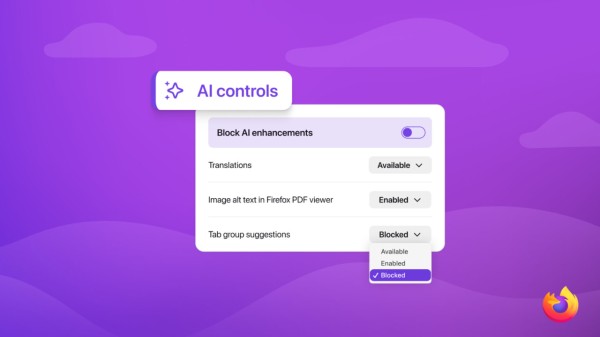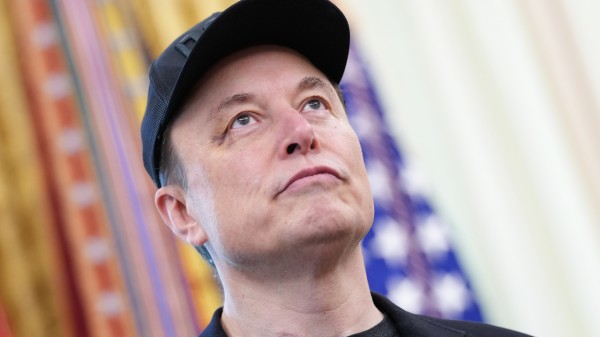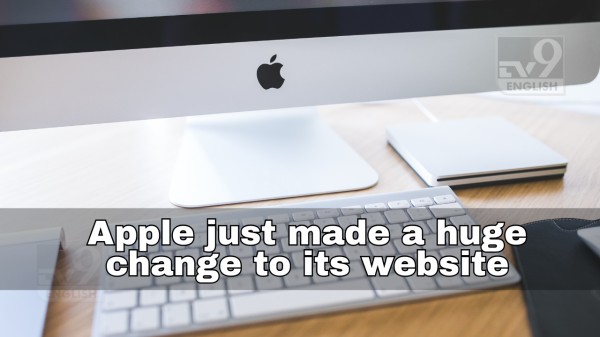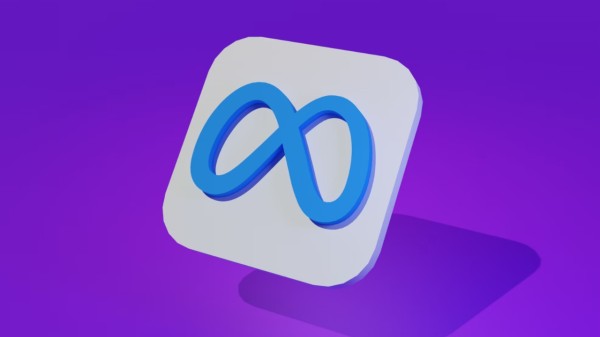

By signing in or creating an account, you agree with Associated Broadcasting Company's Terms & Conditions and Privacy Policy.


By signing in or creating an account, you agree with Associated Broadcasting Company's Terms & Conditions and Privacy Policy.
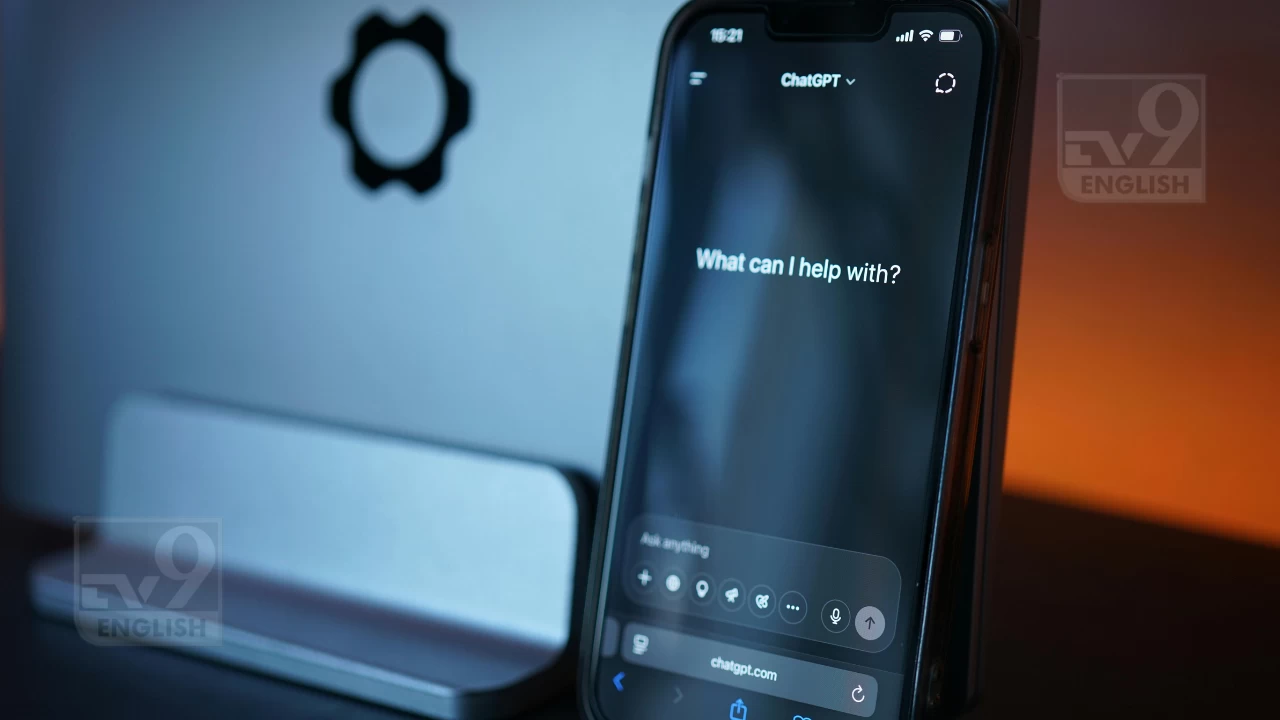
New Delhi: OpenAI’s CEO Sam Altman is weighing a big step for ChatGPT: encryption. As per a report by Axios, t a private dinner with reporters last week, Altman said the company is “very serious about it,” though he admitted there is no shipping timeline yet. The move, if implemented, could change how users trust AI systems with their most personal information.
Altman pointed out that people are already sharing sensitive details with ChatGPT, ranging from medical concerns to legal questions. “People pour their heart out about their most sensitive medical issues or whatever to ChatGPT,” he said. “It has radicalized me into thinking that AI privilege is a very important thing to pursue.” His comments highlight a growing debate about whether AI conversations deserve the same legal protections as talks with doctors or lawyers.
The most likely starting point for encryption is temporary chats, which do not appear in user history or train OpenAI’s models. Currently, OpenAI can keep these chats for up to 30 days for safety, and they are already covered by a federal court order from May that forces the company to retain deleted and temporary conversations.
Encrypting these sessions first could offer users more privacy. But full end-to-end encryption for ChatGPT remains complicated because, unlike messaging apps, the provider itself is often an endpoint in the conversation. Simply encrypting data in transit is not enough if OpenAI needs access to run the service.
Apple has tried to address similar concerns through its “Private Cloud Compute” system for Apple Intelligence, which lets queries run on Apple’s servers without making the data broadly available to the company. OpenAI is now exploring what a comparable approach might look like.
Altman said that protections should match how people already interact with professionals. “If you can get better versions of those [medical and legal chats] from an AI, you ought to be able to have the same protections for the same reason,” he told reporters.
OpenAI says it hasn’t faced many data demands from authorities so far, describing the numbers as “double digits a year, but growing.” Altman warned it would take just one major case for the company to rethink how it handles user information. Encryption could be part of that response.
The challenge is balancing user privacy with services like long-term memory that require storing conversations. If encryption limits access, features like persistent personalization may not function the same way. That trade-off will likely be at the center of OpenAI’s internal debate in the coming months.
For now, there is no date on when encrypted chats could arrive.
